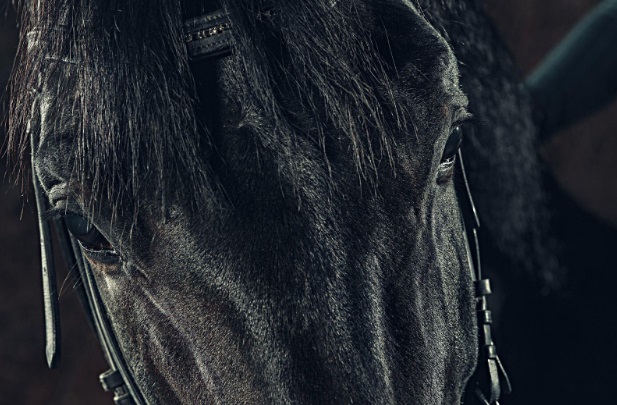In this sport of breakneck speed and thundering hooves, even the tiniest mistake can have an enormous impact. Rooted in ancient traditions, horse racing represents a blend of top-notch horse breeding expertise, gruelling training, and strategy. But no matter how skilled the jockey or how fast the horse is, one can’t account for every potential mishap.

The volatile nature of these races attracts lovers of thrill and excitement. It is why many choose to place bets and amp up the viewing experience, by adding their skin to the game. Of course, you don’t really need to have high stakes to enjoy the act of gambling Many enjoy the so-called risk-free bets that are achievable by leveraging available bonuses. What’s more, it’s easy to find the operators with quality promos by using lists researched by Wageringadvisors.co.uk. Basically, you can find an offer with free spins for as little as £5.
Though the races themselves are unpredictable, one thing is for sure – a good jockey is paramount. However, it appears that even that claim can be challenged. After the 2023 Tokay Stakes, where a racehorse ran the entire race and won, a question appeared – how important is the jockey to the outcome of a race? As experts lock horns, this article will attempt to provide some further insight.
During the first dirt race of the 2023 Tokay Stakes, held in Nagoya, Japan, a jockey lost his balance straight out of the gate. Usually, a horse that loses its rider will stray off course and leave the track, having no one to control it. However, this racehorse, Vanyar, had other ideas. Undeterred by the separation from his partner, Vanyar pressed on, ran the entire race, and ended up coming in first! But rules were rules, and Vanyar had to be disqualified. Still, many were impressed by the horse’s discipline. It was like he had an invisible jockey to guide him; Vanyar paced himself, speeding up at the end, slowing only after winning.
A horse winning a race by itself is not something you see every day. Naturally, this event sparked a lot of debate on the necessity of jockeys.
Horse racing is a sport steeped in tradition; it hinges on precision and clearly defined rules. It’s no wonder, considering that one wrong move can have tremendous consequences. Different organizations and events have different rules, but they are, by and large, based on the British Horseracing Authority’s rulebook. They regulate everything from horse and jockey eligibility to ethical standards and licensing. Here’s a brief overview of some of the usual rules at events:
It’s apparent that horse racing is a discipline based on the synergy between the jockey and his horse. However, the recent 2023 Tokay Stakes event has experts disagreeing, and the future of equestrianism might hinge on this debate.
On the one hand, most trainers and horse racing aficionados are firm in their belief that the jockey is a deciding factor in how a horse performs in a race. No matter how well-bred and well-trained a horse is, this part of the opinion pool believes that the overall outcome is completely in the hands of the rider.
This stance does make sense. Making split-second decisions and relying on good sense and experience is only part of what good jockeys do. They undergo intense training – endurance, strength, and coordination. They study racecourses, and analyze their competitors, before applying that theoretical knowledge on the track. And most important of all, they build rapport with their race companions. Horses are very sensitive to the riders’ moods, and a confident jockey and who trusts his animal makes a world of difference.
The nay-sayers have a different take. They believe that even the finest jockey can’t work miracles on a poor horse. Likewise, they say that a mediocre jockey can’t do much to hold a good horse back. Vanyar running a perfectly controlled race is an example of how solid training can lead a horse to victory, even without a rider.

The heart and soul of the sport – the horses. If a jockey is the conductor, and the race is a symphony, the horse is the entire orchestra. There’s a reason why all those people watch the races in the first place. For one, the horses are in top shape and are magnificent to watch. Everything, from their diet, living conditions, exercise, and socialization is painstakingly regulated.
Their breeding plays a huge role in the horse’s overall health, too. It is for a reason that horse racing enthusiasts and wagerers make sure to acquaint themselves with a horse’s background before they place their bets; a champion in the ancestral tree can often mean a champion in the race. Furthermore, racehorses are known for their competitive spirit. This variable adds a layer of unpredictability to the race, and it’s not uncommon that a horse wins against a crowd favourite on willpower alone.
While there have been instances where a horse took its own reins, so to speak, and emerged victorious, jockeys play an indispensable role in the world of horse racing. They provide guidance, focus, and reassurance to their animals. This, in combination with good breeding, training, and focus, turns a dark horse into a winner.
Subscribe today and receive latest Livery List news and guides direct to your inbox